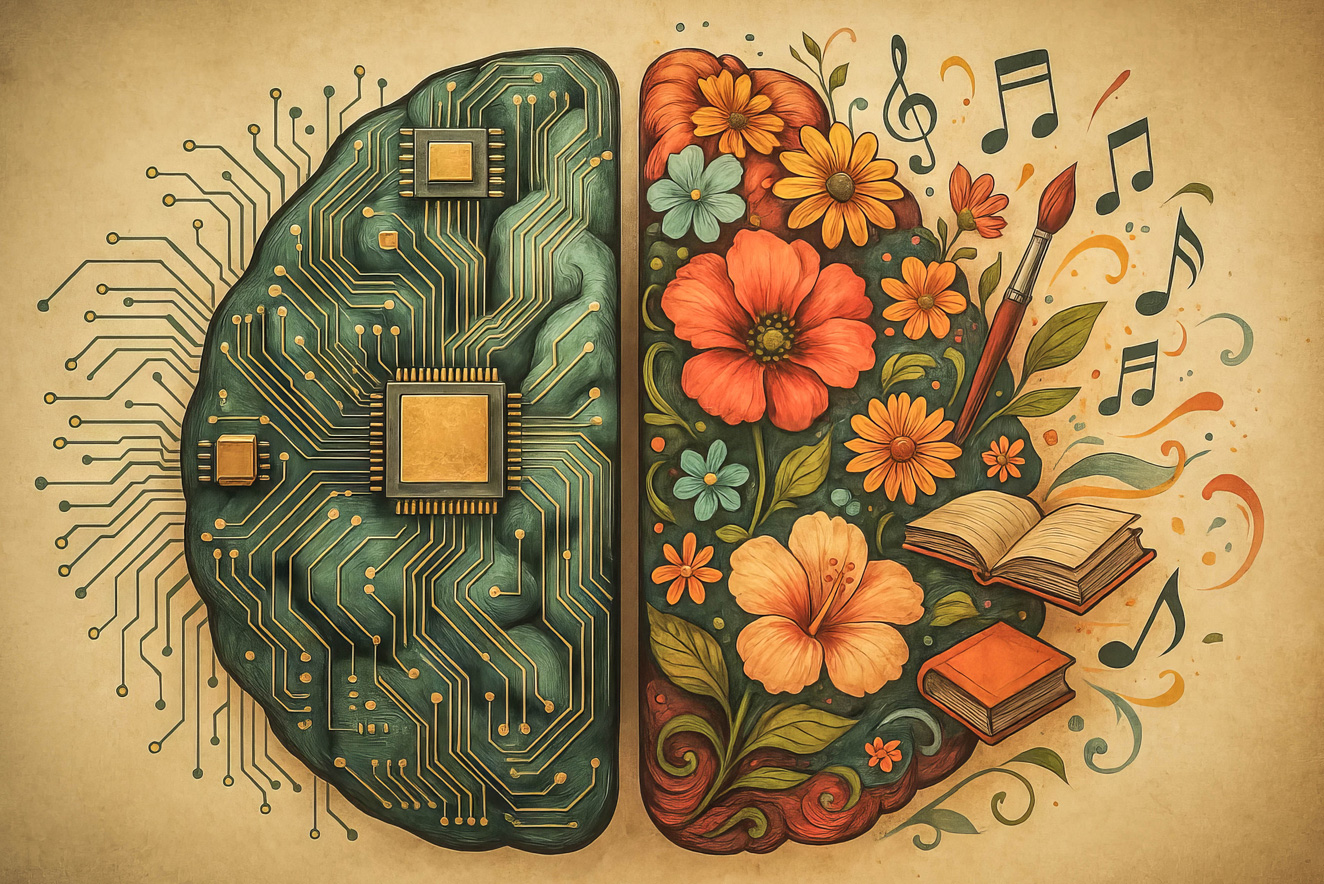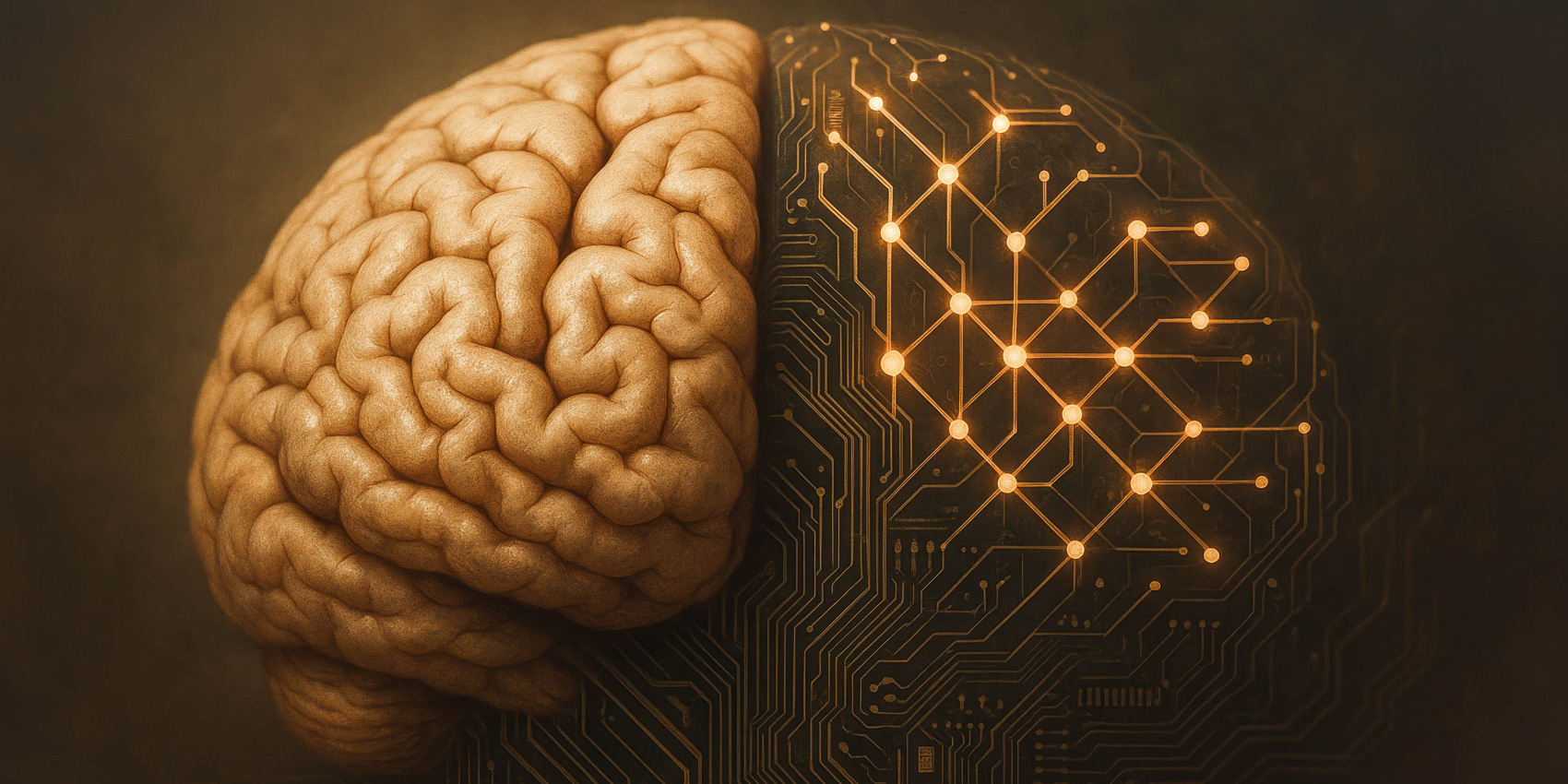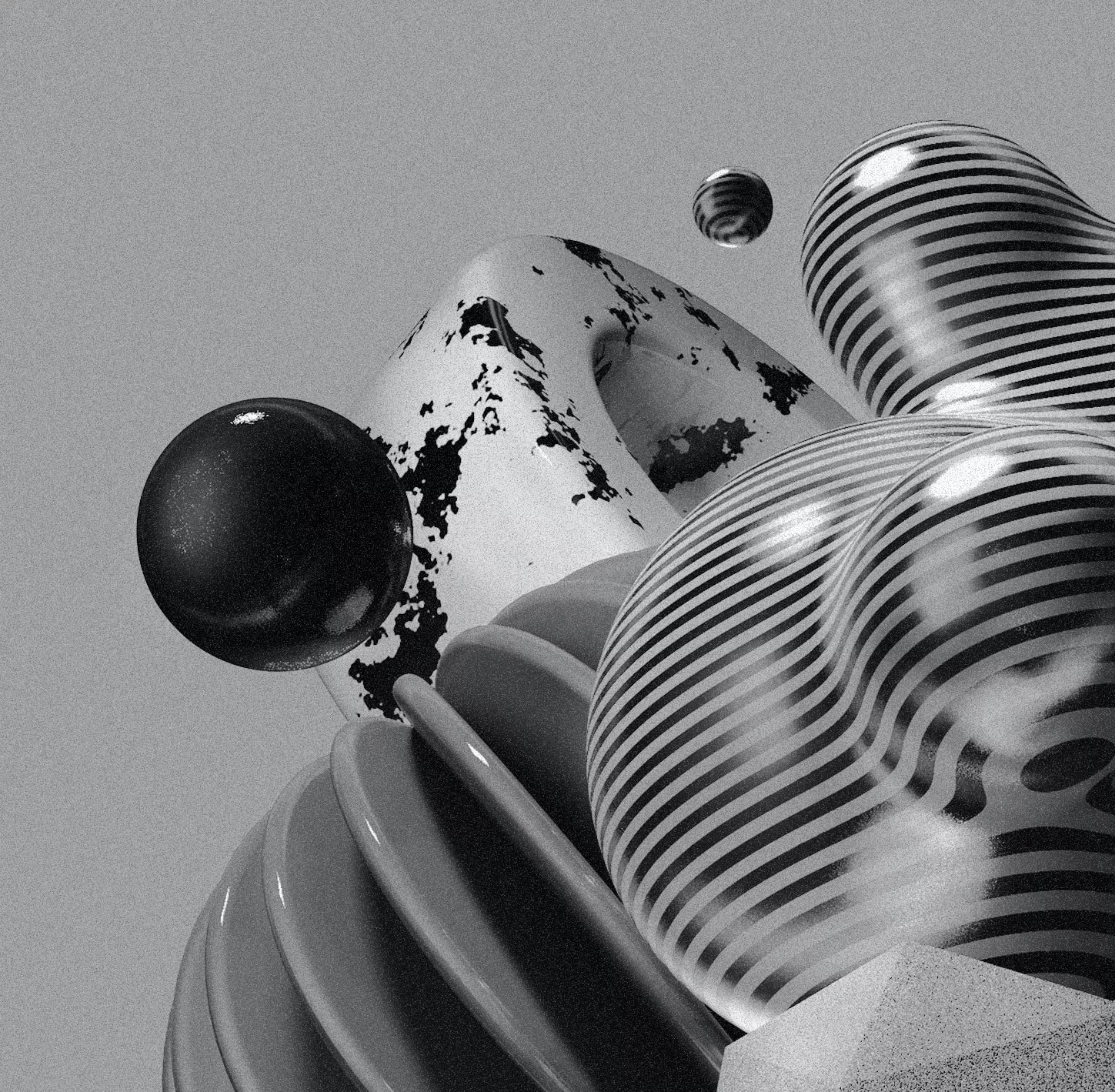“New findings on artificial intelligence and the brain reveal reduced activity and creativity when using ChatGPT. That’s a warning we shouldn’t ignore.”
Artificial intelligence tools like ChatGPT are transforming how people learn and work — but at what cost to our brains and critical thinking abilities? A new study from MIT’s Media Lab explores the relationship between artificial intelligence and the brain, raising concerns that while AI boosts productivity, it might be eroding our cognitive skills over time.
MIT Study: What Happens When AI Does the Thinking?
In a groundbreaking experiment, MIT researchers tested how different digital tools affect brain activity during essay writing. Participants were split into three groups: one used ChatGPT, another used Google Search, and a third used no digital tools at all. All participants wore EEG headsets to track brain function while writing multiple essays on abstract topics like happiness and philanthropy.
The results showed that the group using ChatGPT had the lowest brain engagement. EEG data revealed significantly less activity and fewer connections between brain regions, especially in alpha and theta waves—those linked to creativity and memory. In contrast, those who wrote without any tools showed the most robust neural engagement. Even the Google Search group outperformed the AI group in terms of brain activity.
This finding highlights an important connection between artificial intelligence and the brain: the more we rely on AI to complete cognitive tasks, the less our brains seem to engage with the material.
Memory, Learning, and “Cognitive Debt”
To test retention, researchers asked participants to rewrite their essays without help. Those who had initially used ChatGPT remembered very little of what they had written. Their EEG readings remained low, suggesting minimal learning had occurred. This effect has been called “cognitive debt” — when convenience leads to shallow processing and poor memory retention.
Conversely, participants who initially wrote unaided but later used ChatGPT showed increased brain activity during the AI-assisted task. This suggests that artificial intelligence may enhance cognitive engagement if used after independent thinking, rather than as a first resort.

Artificial Intelligence and the Brain in Education
The implications for education are significant. As more students use tools like ChatGPT, researchers warn of risks to developing minds. Nataliya Kosmyna, lead author of the MIT study, cautions against introducing AI too early in education. Young brains, she argues, need analog practice to build lasting memory and problem-solving skills.
Psychiatrists and educators echo this concern. Dr. Zishan Khan explains that when students let AI do their thinking, they’re not exercising the mental pathways needed for memory, resilience, and critical thinking. Over time, this may contribute to a decline in independent learning — a troubling prospect as AI becomes more embedded in classrooms.
Understanding the interaction between artificial intelligence and the brain is key to shaping future learning environments that benefit students rather than diminish their cognitive growth.
Balancing AI Tools and Critical Thinking
Despite the risks, the MIT researchers don’t advocate banning AI. Instead, they propose integrating AI in ways that support — not replace — human cognition. For example, students might outline ideas independently before using AI to refine language or explore counterpoints.
This balanced approach may offer the best of both worlds: the speed and convenience of AI without compromising the brain’s natural ability to reason and remember.
As AI continues to evolve, studies like this urge us to rethink how we use it. Understanding the link between artificial intelligence and the brain helps us create better tools, smarter policies, and a future where technology supports — rather than replaces — our thinking.
Want more?
The cognitive risks of using AI are just one part of the story. For a broader look at how artificial intelligence is already transforming — and in some cases, replacing — human roles, read our report: Is AI Replacing Human Jobs? The Global Shift You Can’t Ignore.



